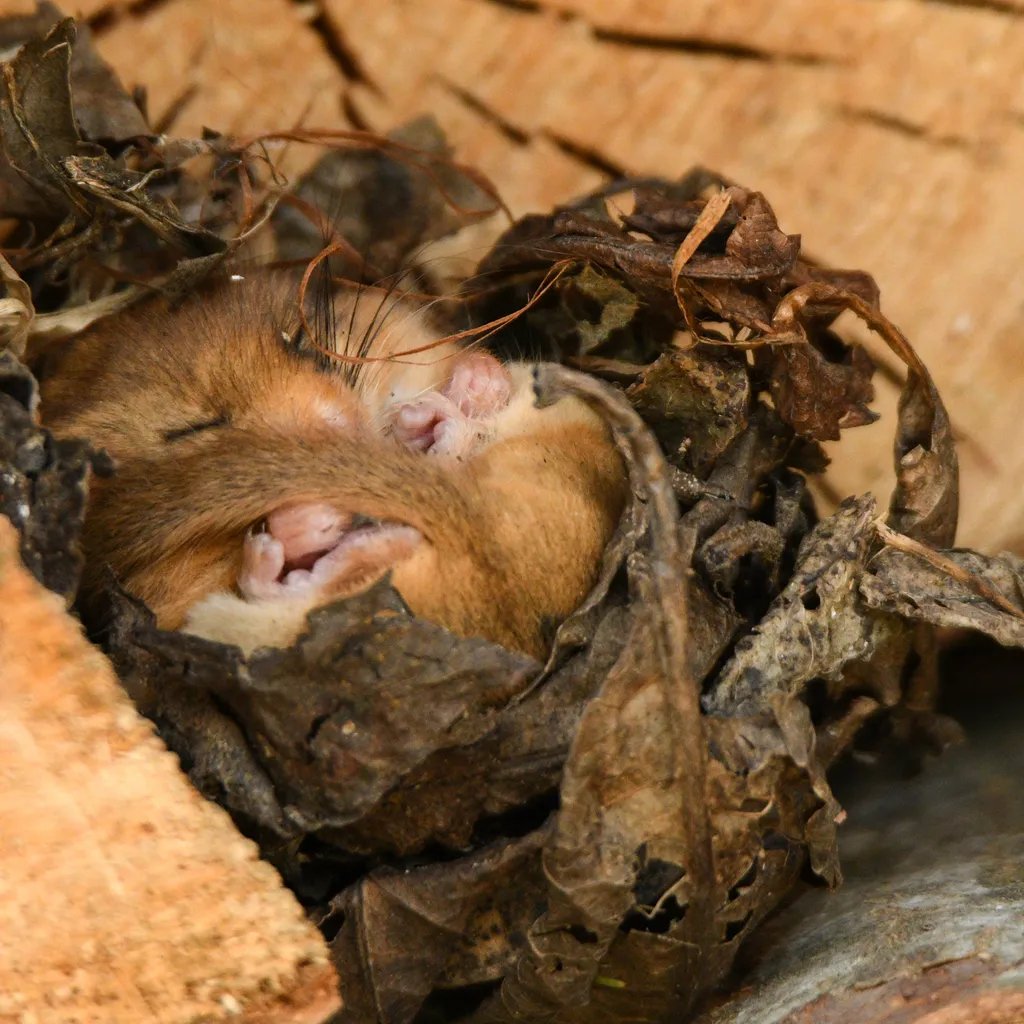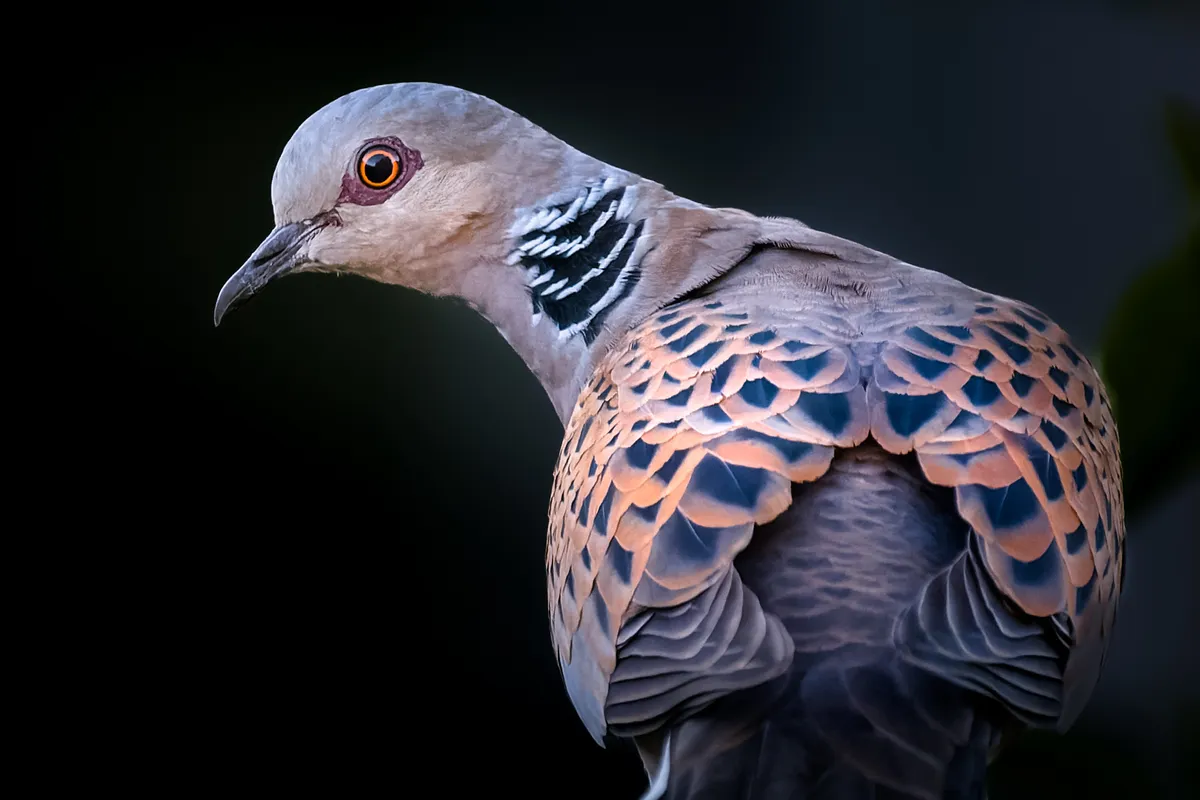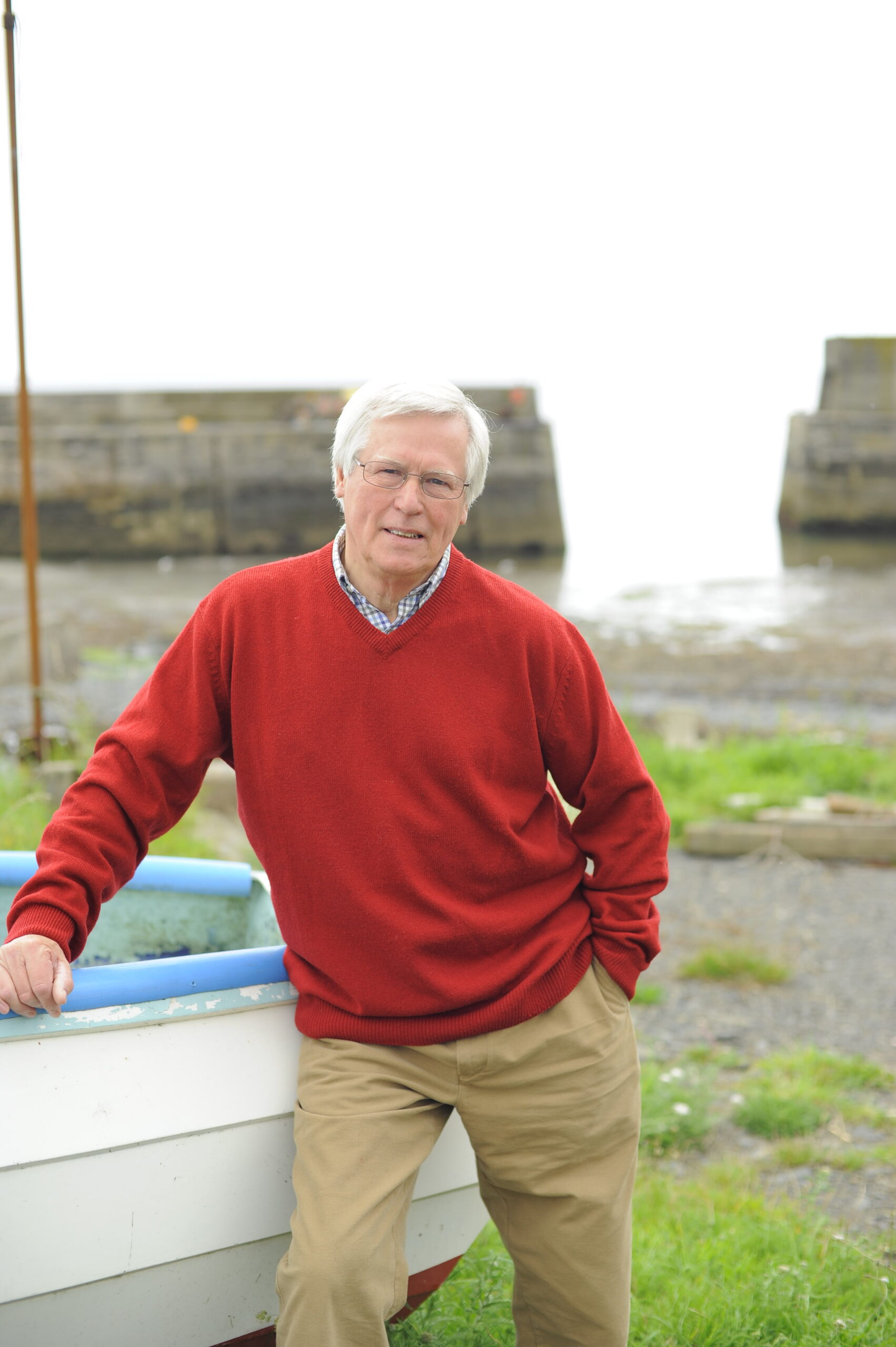For nature lovers, it is an alarming and shameful prospect: one in six species, from turtle doves to hazel dormice, could become extinct in what we already know is one of Earth’s most nature-depleted countries. Ours.
The grim forecast came in the authoritative State of Nature Report 2023, drafted by 60 research and conservation bodies, and it serves as a dramatic call to arms if we are to reverse the devastating decline.

Should anyone have hoped for a present of two turtle doves this Christmas, the bad news is their numbers have dropped by 98% in the past 50 years. But for some other threatened species, there is seasonal hope in the form of a gift of £14.5m towards boosting their breeding programmes and improving habitats.
The money comes from Natural England and, though it’s just a fraction of what’s needed if the Government is to achieve anything like its target of protecting 30% of the natural environment by 2030, it will be welcomed.

Among the projects being funded is the Wiltshire Chalk Partnership, which aims to restore 2,000 hectares of flower-rich grassland so that butterflies can flourish again. Other species due to benefit include native crayfish, lapwings and grey long-eared bats.
Announcing the funding, Tony Juniper, chair of Natural England, said: “Nature is in drastic decline all around us. It’s a dire situation but it can still be turned around. We’ve seen the population of the once-endangered bittern rise dramatically, the recovery of the fen raft spider and water voles successfully reintroduced to areas from where they had previously been lost.”
Following the publication of the State Of Nature Report, protestors gathered outside DEFRA headquarters in London to demand that ministers take firm action to save nature. They were led by RSPB president Chris Packham, who said: “When a report says that 16% of your monitored species are in danger of extinction – one in six – you are in deep trouble.”
The situation is, of course, nothing new, but it is getting worse. For centuries, nature has suffered from habitat loss and persecution. More recently, modern farming methods and the effects of climate change have taken much of the blame for wildlife disappearing from our land, rivers and lakes, with nearly 1,800 UK species at risk.
Farmers say they are already reducing emissions, creating wildlife habitats and planting more trees and hedges. NFU president Minette Batters says: “What we ask is that proposals to boost nature recovery simply sit alongside equally ambitious plans for food production.”
The State of Nature Report does hold out a lifeline by emphasising that the reasons for the decline are clear and that conservation actions do deliver results. I agree with the conclusion it reaches – that we have never had a better understanding of the problems and how to fix them.
Over the years, I’ve met thousands of passionate people who have dedicated their lives or their spare time to the cause of nature.
With an election next year, politicians of all parties need to show they share that passion by pledging a commitment to defend and revive our troubled nature. That political will is vital – otherwise, come future elections, there will be fewer species to care about.
